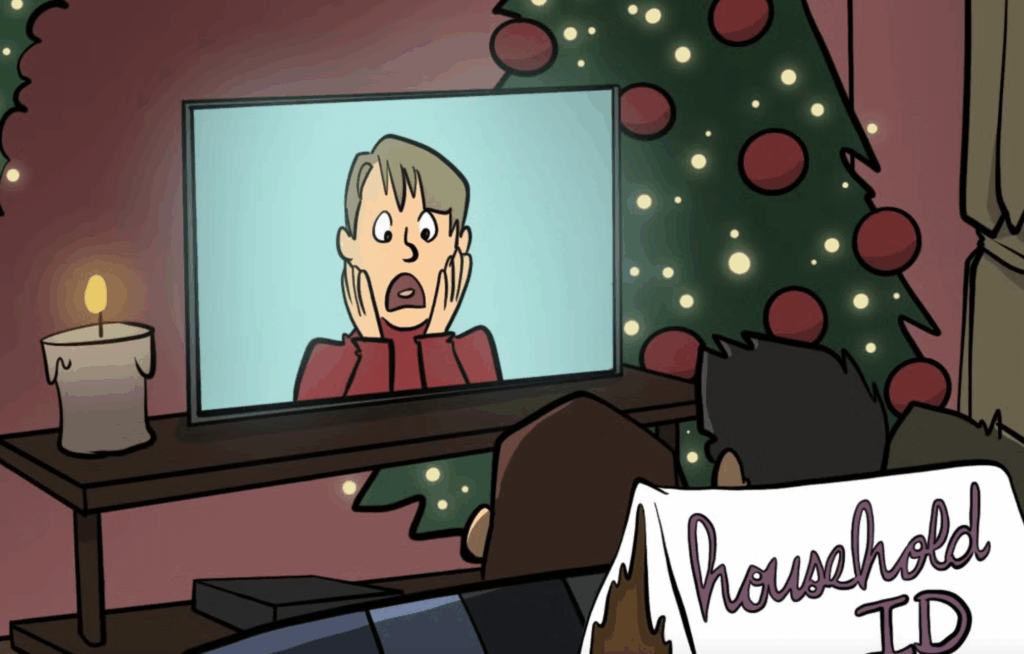 Hey, all you marketers who operate a lot of landing pages on your Web site. Not to add to your daily worries, but how sure are you that all those pages are still alive and kicking?
Hey, all you marketers who operate a lot of landing pages on your Web site. Not to add to your daily worries, but how sure are you that all those pages are still alive and kicking?
It’s an issue for merchants who run a lot of special offers, who post a large array of product pages on their Web sites—possibly linked to pay-per-click search ads– or whose business segment simply requires maintaining a huge array of possible URLs inside their sites, such as a large travel site. Offers come and go, product pages are revised, and PPC ads sink back into the system.
But when they do crop up in a visitor’s search, either in Google or on your own site, if you can’t be confident that those URLs actually point to a live page properly formatted and curated, rather than to a stark 404 error message, you are probably bleeding both Web traffic and search-engine ranking.
Landing page viability is an ongoing concern for Travelocity, the hotel, airfare and vacation package Web site. “We may have as many as half a million URLs at any one time,” says Vural Cifci, who directs customer acquisition at Travelocity. “You might have a [landing page URL for] a destination, but then you’ll also have one for a point of origination for a trip and one for each origin/ destination pair.” Airfares to and hotels and car rentals at those destinations also get URLs, as do cruises and vacation package promotions.
URLs can become invalid in a number of ways, Cifci points out. One of them could be simply the ripple effects of normal Web site development. “Development can change certain things about the site that have an impact on the entire URL string,” he says.
The other big cause of death is special offers whose time has run out. “We run numerous promotions, and these promotions all have destination pages. Sometimes those destination pages do expire without us getting a notification.”
Redirect orders for those URLs are not an ideal fix, since those redirects can slow the user experience and cause Google to downgrade the URL’s page ranking—which, if it happens frequently enough, can have a harmful effect on all the rest of the Web site around it.
The answer for Travelocity is to employ automated software that periodically validates all those half a million URLs, to make sure that they lead users to real, viable pages and also to keep a handle on the cost of linking PPC ads to dead landing pages. In this case, Travelocity went with the Watchdog platform from digital marketing solutions provider Kenshoo.
New in general release last February, the Watchdog software uses a proprietary algorithm to monitor search landing pages and URLs, sending alerts to Cifci’s team when pages are not live or when too many 404 redirect messages are encountered. The software is able to prioritize its monitor function so that the landing pages that are most critical to current marketing efforts such as paid search campaigns are checked first.
“On an annual basis, we [at Travelocity] may be talking about a paid-search expense of $30 million to $35 million,” Cifci says. “If you send traffic to the wrong pages even only 5% of the time… you can do the math there. Paid search is the channel that gets hit hardest because of the scale of the investment.”
Wasting $1.5 million on search ads that don’t have a valid landing page is bad enough, but as Cifci points out, by eroding a marketer’s Quality Score with search engines, those error messages and slow-loading pages also have an effect on the rest of the keyword list he or she might be placing search ads against.
“Google is looking at factors like Quality Score, and when [searchbots] follow the links in your [Google AdWords] campaign and realize either that the pages do not exist or redirect to other pages, that affects your Quality Score, which in turn has a direct impact on the cost per click for that keyword.
“If your Quality Score is dropping as a result of those bad pages, you might well be paying 50% to 60% more than your competition for the same keywords while still getting a lower ranking in search,” Cifci points out.



